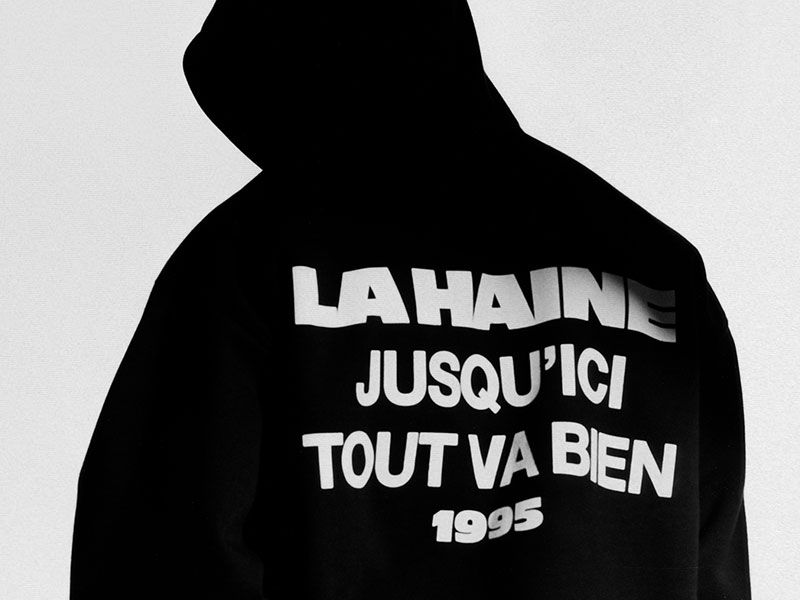

There is a constant feeling of tension and violence builds throughout the film. Police portrayed as the enemy and the ones to avoid. 'The vision of La haine is my vision, but it is not the only one and not necessarily a good one, but it is mine'.Īt the Cannes Film Festival: turned their backs on the cast and crew of the film See Kassovitz' views through their different techniques and behaviours

However this highlights the usual treatment that the trio get from the police: "Comment ils sont polis les keufs ici, carremement il m'a dit "vous" et tout!" Policeman in Paris → uses 'vous' with Said "je me suis demande comment on pouvait entrer dans le cercle vicieux de la haine: les jeunes qui insultent les flics qui insultent les jeunes qui insultent les flics" Not an anti-police film but Kassovitz wants us to realise how the police are responsible for exacerbating the situation - contributing to a society in crisis The allusions to Makome → "que la justice soit faite" and "n'oubliez pas que la police tue"Ĭlear from the junior policeman's reactions Partly as a result of the mutual lack of respect between the youths and police In the police station → manhandling and humiliating Hubert and Said under the disapproving and disgusted watch of the apprentice "je me suis demande comment on pouvait entrer dans le cercle vicieux de la haine: les jeunes qui insultent les flics qui insultent les jeunes qui insultent les flics." "un film contre les flice et je voulais qu'il soit compris comme tel" Kassovitz voulait montrer que un des flics pendant la molestation etait un arabe donc ce n'est pas les blancs contre les arabes c'est plus complique que cela.įilm inspired by real events → death of Makome


 0 kommentar(er)
0 kommentar(er)
